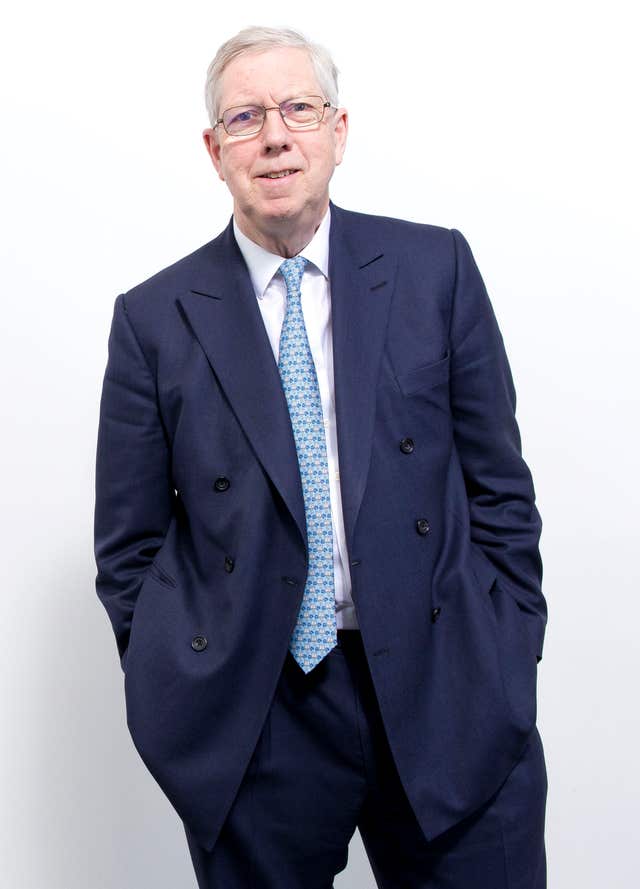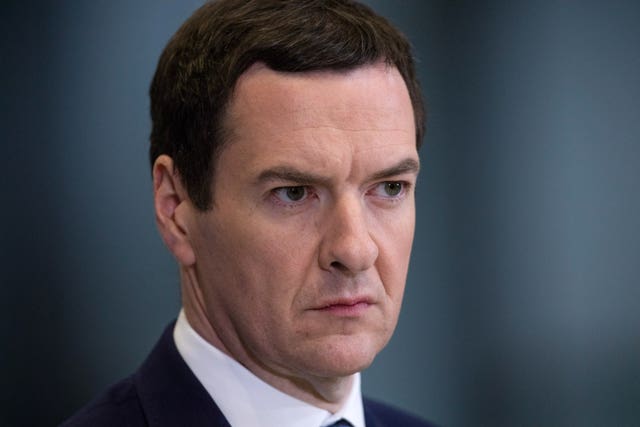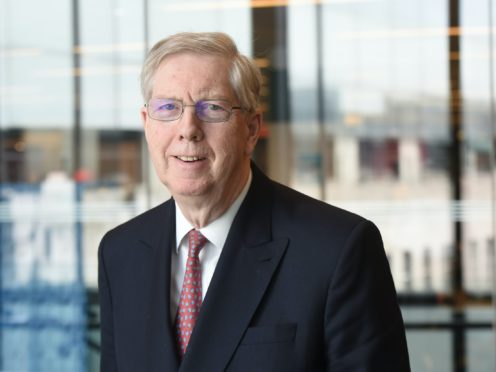It would be “difficult” for the Government to appoint a new chairman of the BBC without the approval of MPs, the outgoing incumbent has said.
Sir David Clementi, who stands down in February, said any candidate would have to appear before a Digital, Culture, Media and Sport (DCMS) committee.
Names linked with the post include former chancellor George Osborne and ex-editor of the Daily Telegraph Charles Moore, who has reportedly ruled himself out.

Sir David, speaking at a virtual Voice Of The Listener And Viewer conference, said while it may be “possible” for the Government to “override” the committee, he asked: “Would that be wise?”
He said it would be “difficult for a candidate to start” without DCMS approval.
Culture Secretary Oliver Dowden has previously said the Government wants a “strong, big person who can hold the BBC to account” to fill the role.
Discussing the attributes for a BBC chairman, Sir David listed an interest in broadcasting, some prior experience in a similar job and the ability to remain impartial.

He said: “It would be good to have a chair who actually was interested in broadcasting and content.
“I find that too many people I talk to, with very strong views about the BBC, actually don’t spend much time with the BBC.
“They get up with Today, and go to bed with Newsnight but they don’t watch much in between.”
Sir David added: “Whatever their background, whatever their personal politics, they need to leave that at the door.”
Sir David, who was appointed BBC chairman in February 2017, also discussed other issues facing the broadcaster, including the threat of US-based streaming services.
He said the spike in people coming to the BBC for information during the pandemic was emphatic proof of the important role a public service broadcaster can serve.
And he dismissed the idea the licence fee could be replaced by a subscription model.
He said: “The subscription proponents promote the service as consistent with the theory of consumer sovereignty.
“But the UK’s creative industries, in broadcasting, in theatre and other performing arts, indeed across the whole cultural sector, have never been built on this principle.
“Instead these industries, and their global economic success, were built on a rather enlightened blend of the free market and smart universal interventions, of which the BBC is a prime example.
“This mixed ecology is a national success story and something we should be fiercely proud of; something we should be seeking to build on, not undermine.”
Sir David added: “It would be an extraordinary act of self-harm if, as the UK seeks to forge a new role for itself on the global stage, we were to diminish one of the few British organisations that is truly world class.”
